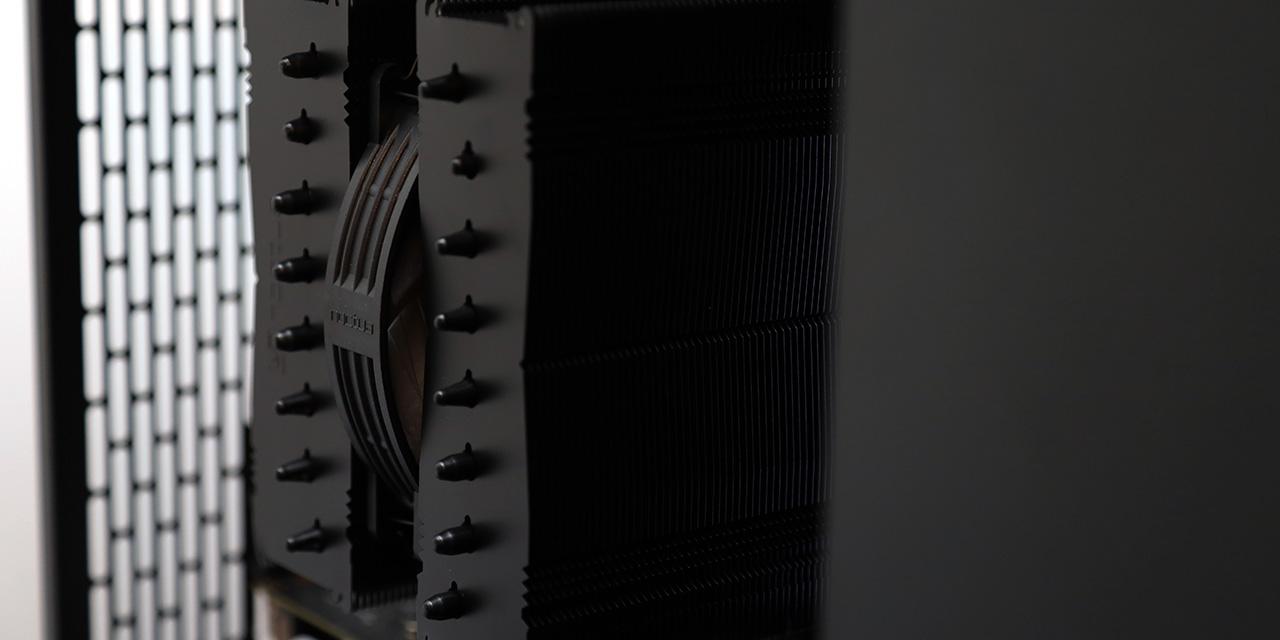|
From DailyTech: Intel, like Microsoft, built a seemingly ironclad lead through a combination of great products and aggressive business maneuvering. Those maneuvers could be viewed as clever moves or destructive anticompetitive behavior -- it all depends on who you ask. However, in recent years Intel, like Microsoft, has come under increasing pressure to stop its more "creative" business tactics. Fined $1.45B USD by the European Union last year, Intel has just arrived at a settlement with the U.S. Federal Trade Commission over numerous antitrust issues. While the settlement is less painful fiscally than the EU ruling, it will have a major impact on the way Intel conducts its business. Intel is no longer allowed to pay off (either directly, or through unit discounts) OEMs to exclusively carry Intel CPUs or to not carry competitor Advanced Micro Devices' CPUs. Likewise, it can no longer retaliate against OEMs who opt to offer competitive products. Intel is also banned from specifically redesigning its chips to harm its competitors. Specifically it will be forced to not limit the performance of rivals' GPU chips for at least the next six years. Also, it must publish clearly that its compiler discriminates against non-Intel processors (such as AMD's designs), not fully utilizing their features and producing inferior code. The settlement concludes a suit launched by the FTC in December following an investigation. While it brings no major fines against Intel, it does require Intel to pay $10M USD to establish a fund to help business customers retool their software if they were misled by Intel to think the poor performance of Intel-compiled code on AMD chips was normal. Intel’s general counsel, A. Douglas Melamed comments, "[This settlement will] put an end to the expense and distraction of the FTC litigation. This agreement provides a framework that will allow us to continue to compete and to provide our customers the best possible products at the best prices." View: Article @ Source Site |
 |
FTC, Intel Reach Settlement; Intel Banned From Anticompetitive Practices
© Since 2005 APH Networks Inc. All trademarks mentioned are the property of their respective owners.





